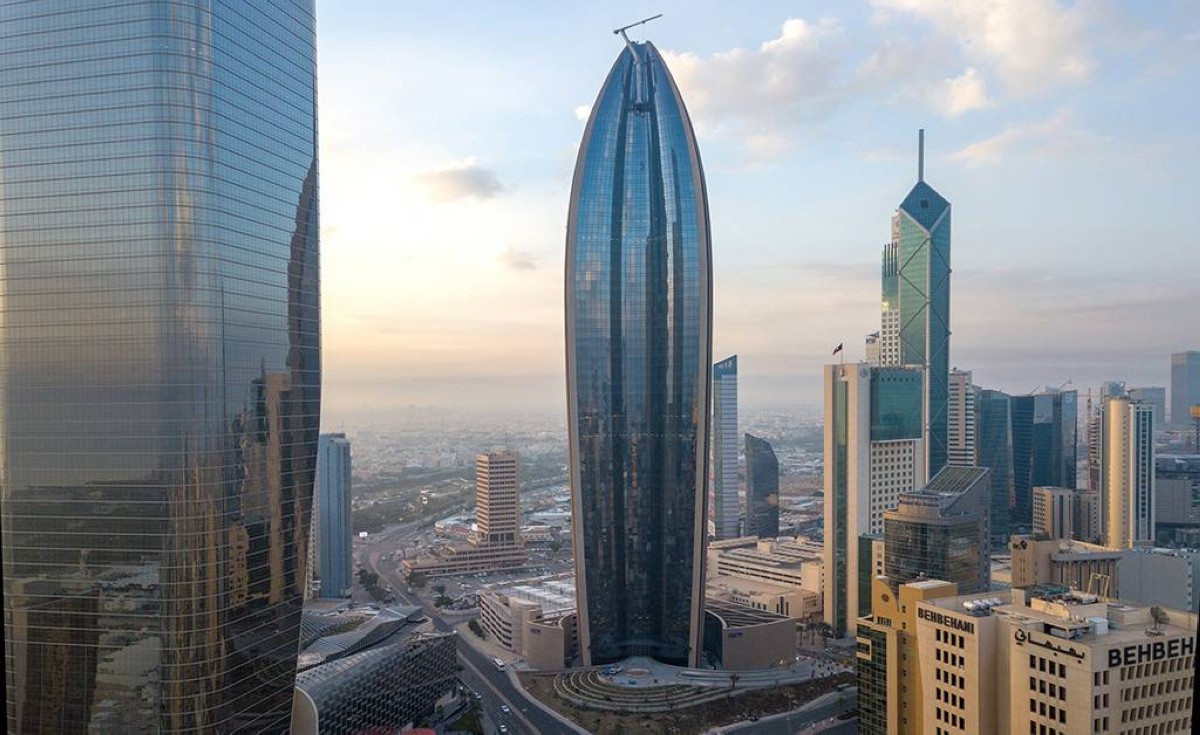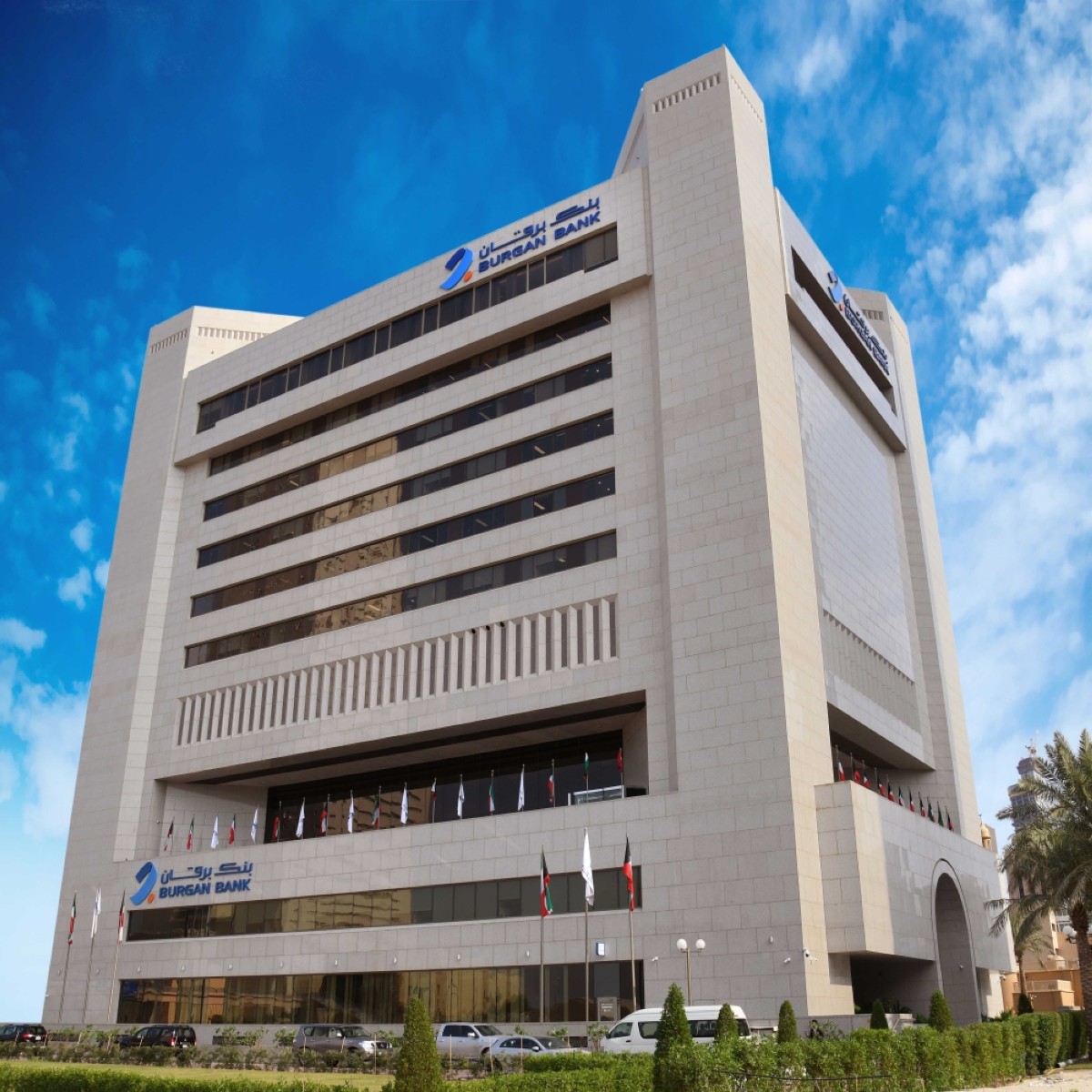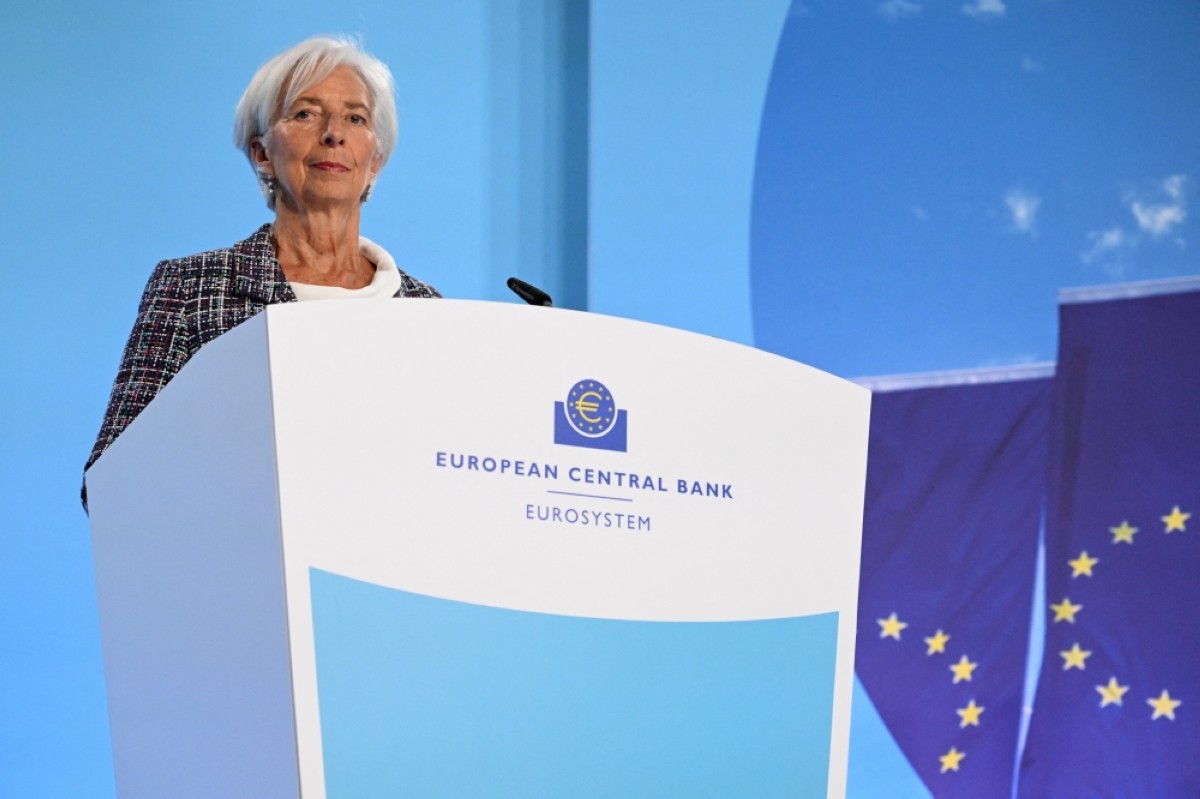Global economy is remarkably resilient: IMF chief
VIENNA: The global economy has proven to be remarkably resilient, thanks to the strong macroeconomic fundamentals and effective policies built over the years, said IMF Managing Director Kristalina Georgieva.

“Looking forward, we do face a choice. We can choose the path of instability and confrontation. Or we can choose the path of cooperation and shared prosperity,” she said a conference in Vienna.
She said the conference takes place on the 80th anniversary of the creation of International Monetary Fund and the 75th anniversary of Austria’s joining as its member. The Joint Vienna Institute, a joint undertaking of the OeNB, and the Austrian Federal Ministry of Finance, and the Fund, has provided training to public sector officials from countries in Central, Eastern and Southeastern Europe, the Caucasus, and Central Asia for more than 30 years.
The Institute plays a crucial role in strengthening economic policies through the training it provides and by serving as a hub for networking and peer learning among policymakers. It has also been a great platform to collaborate on capacity building with other partners such as the EBRD, the EIB, the OECD, the World Bank, the WTO, and the European Commission.
Vienna also hosts the IMF’s regional office for the Western Balkans, which allows us to maintain close engagement with countries in the region, along with donors, other international institutions, and the Austrian government, which is an important trade and development partner of the Western Balkan region.
“The Vienna Initiative, born out of the global financial crisis, has been central to promoting regional financial stability. Let me also recognize the significance of your discussions today on the past, present and future role of the IMF for global economic cooperation and stability,” she said.
She said in 1944 the IMF was forged from the ruins of two world wars. After the Bretton Woods, the world saw dramatic increases in global integration and wellbeing, for which the IMF played a key role — by promoting the stability of the international monetary system, facilitating international trade, supporting sustainable economic growth and employment, and through all this helping to reduce poverty, she said.
“Today, we are grappling with global mega-trends such as climate change and the demographic transition, as well as disruptive technologies such as AI and digital currencies. At this pivotal moment in history, the IMF’s mandate is more important than ever. We stand for monetary cooperation and open trade. We stand for strong institutions and sound policies.
We stand for a world of sustainable growth that creates jobs and protects the vulnerable,” she pointed out. She said the Fund is working hard to help low-income countries build strong institutions, including by promoting central bank independence and credible macroeconomic frameworks. “We are working with other international organizations and the creditor community to help countries address excessive debt burdens,” she added. And we are exploring ways to give all our members an even greater voice to ensure that the Fund remains representative of its diverse membership,” she added.











